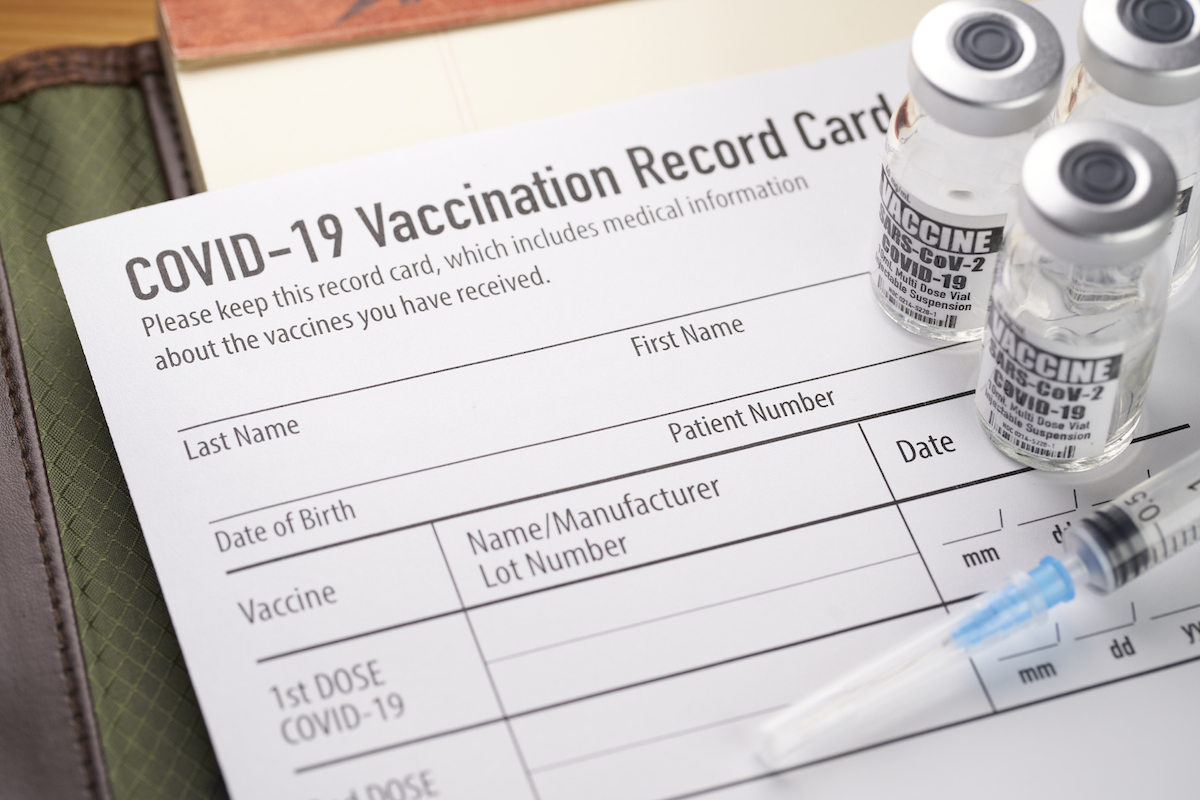The Centers for Disease Control and Prevention, in a holiday weekend guidance update, said people with weakened immune systems and other underlying health conditions who are at increased risk of severe COVID-19 illness can receive either the Pfizer-BioNTech or Moderna vaccine.
Yet the guidance, which applies to vaccines using mRNA technology, cautions that people should first make sure they have not had a severe allergic reaction to any vaccine ingredient. The CDC also said people with weakened immune systems should be aware of limited safety data.
“It’s been our expectation that people with preexisting conditions that are known to cause more severe COVID infections would be the first members of the general public that would be vaccinated,” said Eric Arlia, Hartford HealthCare‘s System Director of Pharmacy. “Our system and others will do our parts to try to help identify those patients and get them connected with the vaccine as quickly as possible.”
The CDC specified these underlying conditions when considering an mRNA vaccine, which contains part of the virus’ genetic information that helps your body’s cells produce a viral protein that stops COVID-19:
Weakened Immune Systems
People with HIV or weakened immune systems caused by illness or medication might be at increased risk of severe COVID-19. Although people with HIV participated in clinical trials, safety data for this particular group is not yet available.
“People with weakened immune systems should also be aware of the potential for reduced immune responses to the vaccine,” said the CDC.
Autoimmune Conditions
Autoimmune disorders can make your immune system too active or not active enough. When hyperactive, the immune system attacks the body’s tissues. Lowered immune-system activity diminishes the body’s ability to fight disease and infection. Lupus, inflammatory bowel disease, rheumatoid arthritis, Type 1 diabetes and multiple sclerosis are common autoimmune conditions.
No vaccine safety data is available for people with autoimmune conditions.
Guillain-Barre Syndrome
If you’ve had Guillain-Barre Syndrome, a rare disorder that causes your immune system to attach your nerves, you can still get a vaccine.The CDC says that no one in clinical trials developed the syndrome after vaccination.
Bell’s Palsy
Some participants in the mRNA vaccine clinical trials developed Bell’s palsy, which causes temporary weakness or paralysis of facial muscles, but the Food and Drug Administration does not consider these incidences above the rate expected in the general population. It has not been determined if the Bell’s palsy cases were caused by the vaccine.


